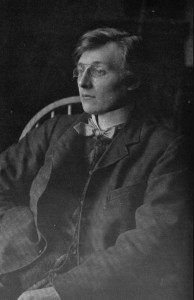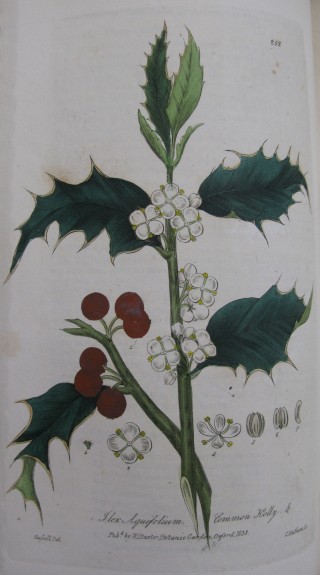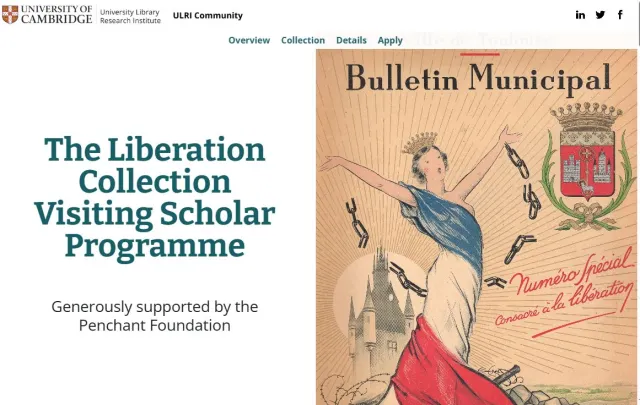
Have you ever noticed the Gordon Craig Theatre when travelling through Stevenage station and wondered who Gordon Craig was? I did and after a quick search on my phone it was soon apparent that this was a figure with an interesting and complex life worth writing about. Born in Stevenage (hence the theatre being named after him), Gordon Craig (1872-1966) was the son of the famous actress Ellen Terry, and as a young man he too was an actor alongside his mother in Henry Irving’s company. Much of his later work related to the theatre – stage designs, directing and writing widely on the theatre – but he also produced woodcuts and bookplates. This blog post will explore some aspects of his life and work using the UL’s rich collections. Continue reading “Who was Gordon Craig?”




![20220705_150334a Panorama of the Franco Prussian War, painted by PC [Percy Cruikshank], London : F. Platts, 185 Fleet Street EC, & Mann Nephews, 39 Cornhill E.C., [1870-71].](https://europeancollections.files.wordpress.com/2022/08/20220705_150334a.jpg?w=341&resize=341%2C284&h=284#038;h=284)





